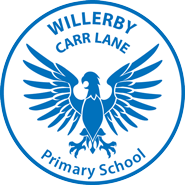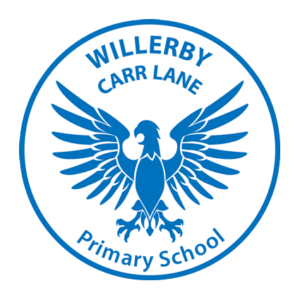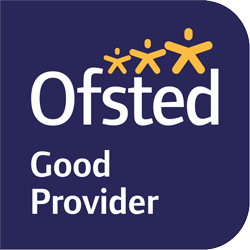Lunch Menu
Allergens
For information on the 14 major allergens as per the Food Standards Agency please refer to Allergen information below or visit the Foods Standard Agency website for further information at www.food.gov.uk/allergy
For information on the allergens and ingredients within school provided packed lunches for educational visits:
Visits Packed Lunch Allergen Ingredients Information
Allergen Table – Main Dishes January 2025
Allergen Table – Desserts January 2025
Allergen Table – Vegetables and Accompaniments Summer 25
Allergen Table – Main Dishes Summer 25
Allergen Table – Desserts Summer 25
Written allergen information for the food we provide in school at lunchtime across the 14 major allergens is available by contacting the school office by email: admin@carrlaneprimary.net or tel: 01482 653388. Please note we cannot guarantee an allergen-free environment.
At Willerby Carr Lane Primary we employ our own Cook and Kitchen Assistants and cook all our food on site to ensure the quality, nutrition and value for money of our school dinners.
All meals are freshly cooked, daily in our kitchens and they are all are accompanied by a well stocked, self-service salad bar.
When in season, we take produce straight from our award winning school allotment and prepare it fresh that day. There is nothing better than potatoes, dug fresh from the soil and cooked that morning or strawberries picked and eaten the same day!
- main course: a hot school meal or a filled, hot jacket potato.
- dessert: a school pudding, yoghurt, fresh fruit salad or choice of fruit.
- drink: either milk or water.
Healthy Packed Lunches
We believe it is important that the young children in our care eat healthily. In the science curriculum, pupils are made aware of the benefits of healthy eating and the risks of a poor diet. Our hot school meals are prepared following national guidance on nutrition and provide a balanced diet. When children bring in their own packed lunch from home, we also ask that it be healthy, nutritious and well-balanced.
We recommend that a balanced packed lunch should contain:
- starchy food (e.g. bread, bagal, wrap, pitta or pasta);
- protein foods (e.g. meat, fish, eggs beans);
- a dairy item (e.g. cheese or yoghurt);
- vegetables or salad;
- a portion of fruit;
- a drink such as water or fruit juice.
The lunch box may also contain one of the following for that extra energy boost:
- Small packet of crisps
- Sweet option – small piece of cake, biscuit or cookie.
There should be no sweets or chocolate or fizzy drinks in school and, as I’m sure you’ll understand, should they come into school, they will be confiscated and returned to parents at the end of the day.
Fresh fruit
All children are offered fresh fruit every day. The fruit offered varies by the season and includes: apples, bananas, tomatoes, strawberries, satsumas, carrots and pears.
- Children in the Infants (EYFS, Years 1 and2 ) are provided the fruit free of charge.
- Children in the Juniors (Years 3 to 6) may buy fruit from the ‘healthy tuck shop’ fruit trolley which is run by Year 6 pupils at break time. There is a small charge for a piece of fruit – please contact the office to find the current price.
Free School Meals
Many of our families could get Free School Meals but do not claim for them; your child may be entitled to Free School Meals if you as the parent are in receipt of any of the following benefits:
Income Support
Jobseeker’s Allowance (income based)
Employment and Support Allowance
Support under the Immigration and Asylum Act 1999
Guaranteed element of State Pension Credit
Child Tax Credit (but NOT Working Tax Credit)
Why claim?
Save hundreds of pounds per year
Extra funding for the school in the form of Pupil Premium
It’s your entitlement
No downside
Other pupils and parents will not know you are claiming
Complete the online application form for free school meals:
If you have any queries please contact the Benefits Section on 01482 394799 or phone the school office on 01482 653388




